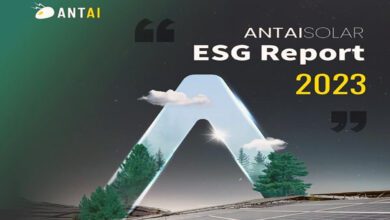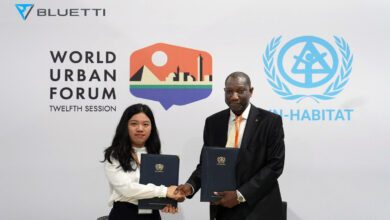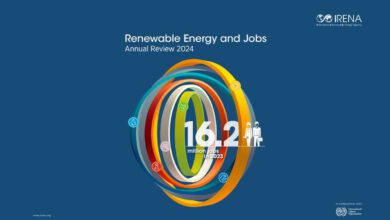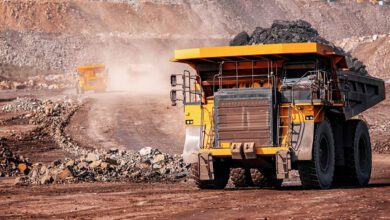RUSAL, the metal business of En+ Group has concluded partnership agreement with Hodaka, an innovative producer of high-quality aluminium alloys, to deliver aluminium products with low carbon footprint. The partnership between RUSAL and Hodaka brings together the technological excellence of both companies to create a new generation of products using low-carbon aluminium under RUSAL’s ALLOW brand. In their operations, both companies prioritize sustainable development, compliance with international standards, and adherence to the best available production practices.
Founded in 2002 in Taiwan, Hodaka is dedicated to the production of high-quality billets and precision extrusions and supplies top-quality aluminium alloys for sporting goods, consumer electronics, automotive industry, and motorcycle parts. Using RUSAL’s low-carbon aluminium, Hodaka’s custom-made products will enable end users to evaluate and trace the carbon footprint and energy source of the source metal. This is key to meet the growing end user demand for transparency and eco-friendliness, across automotive, electronics, consumer, and sporting goods market segments.
RUSAL’s ALLOW brand comes with an average carbon footprint of 2.4 tonnes of CO2 equivalent per tonne of aluminium produced (direct and indirect energy emissions from aluminium smelters are taken into account). This is in line with the evolving market requirement for low-carbon aluminium of no more than 4 tonnes of CO2 equivalent per tonne of aluminium produced. The global average is around 12.5 tonnes. Every shipment of ALLOW comes with independently verified carbon footprint statements from its smelter of origin, providing full traceability to source for customers.
Lord Barker, Executive Chairman of the Board of Directors of En+ Group, said, “I am delighted that RUSAL is continuing to partner with innovative companies such as Hodaka. We are working to decarbonise the aluminium industry from the front and recently announced our commitment to reduce emissions by at least 35% by 2030, reaching net zero by 2050. This will involve the whole value chain, from initial bauxite mining through to alumina melting leading to minimal, ultimately zero, emissions in the final products reaching consumers.”













